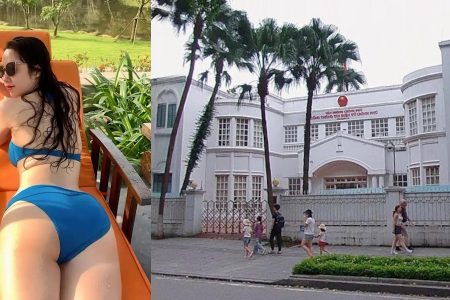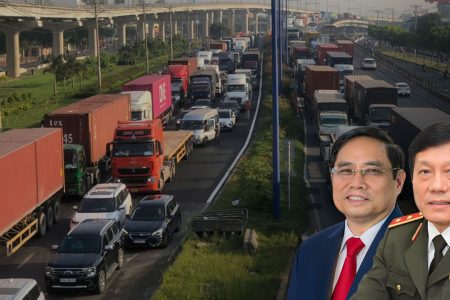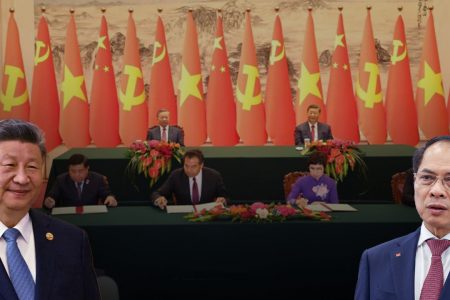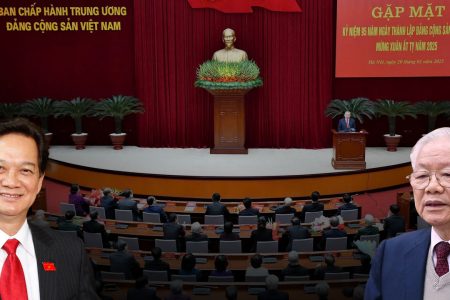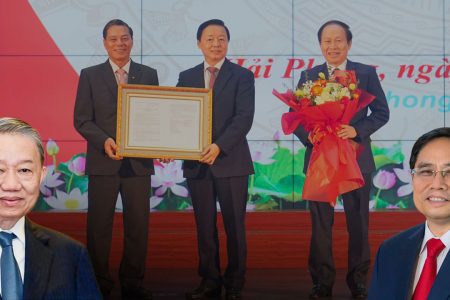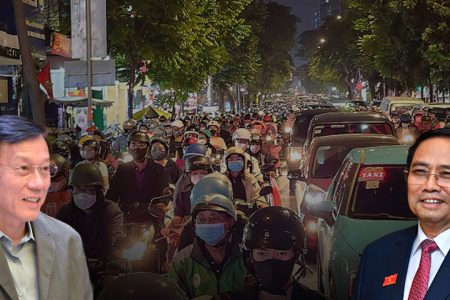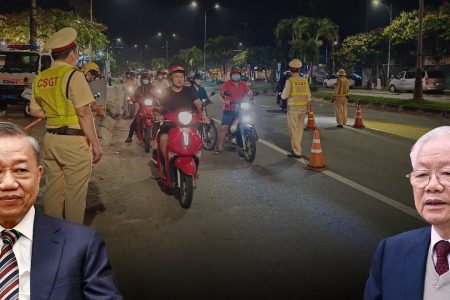
With thousands of MW of solar power already in operation and more than 10,000 MW of solar power being proposed for additional planning, the country has tens of millions of photovoltaic panels (solar cells) in operation. However, this trend also raises the question of how to handle solar cells at the end of their life? This is not a simple problem, and even in the world, scientists have different opinions when evaluating its toxicity. Vietnam is no exception.
How to handle the battery after use?
According to the Electricity Adjustment Plan of the Ministry of Industry and Trade, the target of solar power in 2020 will reach 850 MWp, increase to 4,000 MWp by 2025 and 12,000 MWp in 2030. However, as soon as Decision No. 13 of the Government is issued by the Prime Minister, solar power has exploded exponentially in the past 2 years. As of December 31, 2020, the whole country has 83,000 solar power projects connected to the power system with a total planned capacity of nearly 4,700 MWp.
It is worth mentioning that the rapid development of solar power makes many people concerned about the problem of environmental treatment of waste from energy panels. In particular, the responsibility of handling solar panels after the project ends is not yet available.
Talking to Lao Dong newspaper, Prof. Dr. Dang Thi Kim Chi – Chairwoman of the Science and Technology Council, Vietnam Association for Nature and Environment Protection, affirmed that discarded solar panels if landfilled are not in accordance with regulations, it is likely to pollute the soil and water environment by generating heavy metals or generating harmful emissions, greatly affecting human health.
“Solar batteries are one of the useful tools and measures to help turn solar energy into electrical energy. But the structure of solar panels is 76% battery, 10% polymer, 8% aluminum, 5% elemental silicon, 1% copper, and metals such as lead, tin, etc. If they are improperly buried, the components in the solar panels will destroy and pollute the environment.
Since they are not biodegradable, these wastes will make the soil quality permanently unimproved. In case these wastes are partially dissolved or dissolved in water, they will also pollute the water environment, the soil environment, and affect human health,” said Ms. Dang Thi Kim Chi.
Talking about the difficulties in handling solar panels after their expiration, Prof. Dr. Dang Thi Kim Chi said that for developed and developing countries, solar batteries are management in 4 different stages: Solar battery fabrication – battery transportation to the factory – use and recall.
The recall of used solar cells becomes one of the mandatory requirements for factories that use solar cells for electricity generation. Developed countries are very interested in handling and collecting used solar cells, because if not handled well, there will be a huge amount of waste released into the environment, damaging the environment.
According to Ms. Chi, handling solar panels is very difficult, because in photovoltaic cells in solar cells there are hazardous components such as Antimony, arsenic, barium, cadmium, lead, cobalt, zinc, molybdenum, mercury… The recycling process must be very rigorous, such as removing the aluminum frame by manual method.
Then separate the layers of materials, cells, and modules of the solar panel and remove the photovoltaic cell. In dismantling photovoltaic cells, it is necessary to use chemical methods and nitric acid, organic solvents… to dissolve, or use pyrolysis. These are all difficult and complicated methods, requiring careful and thorough handling.
Sharing the same opinion, Dr. To Van Truong – an independent expert on natural resources and the environment – said that in the world, the production process of solar panels uses a number of hazardous materials, mainly to make solar panels clean the semiconductor surface. These chemicals, similar to those used in the semiconductor industry in general, include hydrochloric acid, sulfuric acid, nitric acid, hydrogen fluoride, and acetone. The amount and type of chemicals used depend on the type of solar panel cell, the amount of cleaning required, and the size of the silicon wafer.
In addition, workers also face inhaling silicone dust. Therefore, manufacturers of solar panels must ensure that workers are not exposed to these chemicals and that waste products from the manufacturing process are disposed of properly.
If not handled and disposed of properly, these materials can pose threats to the environment, or to public health.
Need to be one step ahead
According to Prof. Dr. Dang Thi Kim Chi, currently, the management of solid and hazardous waste has been issued by the General Department of Environment (Ministry of Natural Resources and Environment), through many different decrees and circulars. However, with the waste is expired solar panels – currently not classified as hazardous waste or ordinary solid waste by the competent authorities. Also because there are no specific regulations, the handling of this issue is still awkward and passive – while the speed of development of solar power plants has exploded in recent times.
“In my opinion, in order to handle solar panels and avoid harm to the environment, first of all, there are policy solutions. In which, it is necessary to pay attention to the management of such panels. In addition, policies to encourage the reuse and recycling of these batteries, as well as measures to reduce the volume of waste produced are also important.
In addition, it is necessary to immediately go into technical solutions, how to get an assessment of technology solutions for recycling solar batteries, treating waste solar cells, which are best suited to the conditions of the solar panel. the environment of Vietnam,” she said.
According to this expert, in the recently passed Environmental Protection Law, there is no law on waste being solar panels, but there are many documents and issues related to the treatment of waste products in the direction of waste recycling.
“The law has been issued, but the management of solar panel waste can be included in circulars and decrees to guide recovery, treatment, and reuse in Vietnam. In the law, it is also introduced the issue of the circular economy, emphasizing that service businesses must unify management, in order to reduce waste, improve reuse and recycling.
Currently, we still have to import solar panels; foreign manufacturers must have a commitment to recall the product. But, also considering the long-term feasibility, this battery has a very long lifespan of 15-25 years. So it is not clear by the time of expiration, whether those manufacturers are still existing to commit to recalling? Therefore, we need to worry first, need to handle solar cells before trusting the manufacturer, the importer will recall,” said Prof. Chi.
Thoibao.de (Translated)



